With tourist traps offering highly filtered versions of reality and long queues stealing away from any remaining authenticity, we’re asking today if any travel experience is genuine.
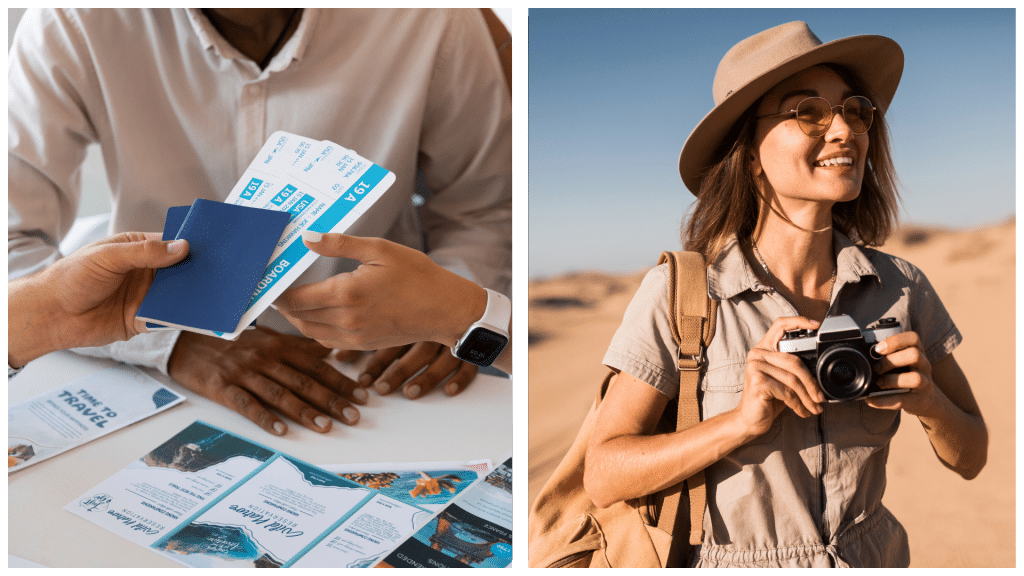
Today, we’re interrogating the myth of authenticity regarding global travel experiences to ask whether any travel experience today is genuine.
With the rise of social media and a boom in the global tourism industry over the past 50 years, more and more companies are jumping on the bandwagon to offer tourist experiences at the most iconic landmarks.
While these factors have made travel more accessible to the masses, they have also diminished what travel is all about: experiencing cultures different from our own and seeing the real world.
So, let’s look at the myth of authenticity in the world of global travel.
Seeking authentic experiences – coming from a place of good intentions
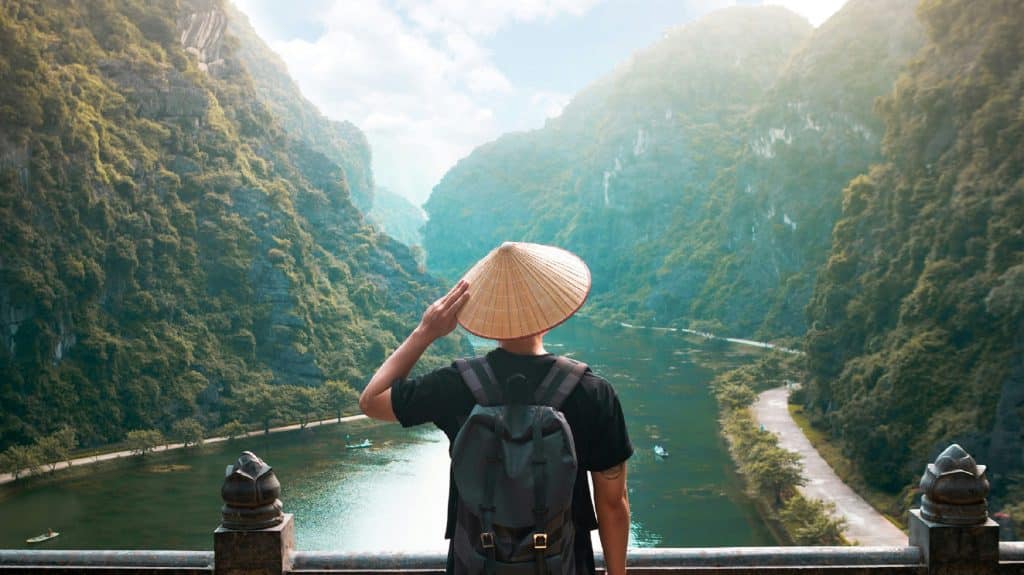
The myth of authenticity in global travel is a complex and multifaceted issue that cannot be defined in black-and-white terms. Many factors play into what makes a travel experience genuine or not.
Most travellers embark on their journey from a place of good intentions, seeking to discover new and exciting parts of the world, experiencing different cultures, and seeing how people live and work elsewhere. Curious about what’s out there, most travellers seek genuine, authentic, and raw travel experiences.
However, in today’s market, these experiences are not always the easiest to find, and it’s often easier to opt for the palatable, easily accessible travel experiences that are available.
Clever marketing – curated by expert teams
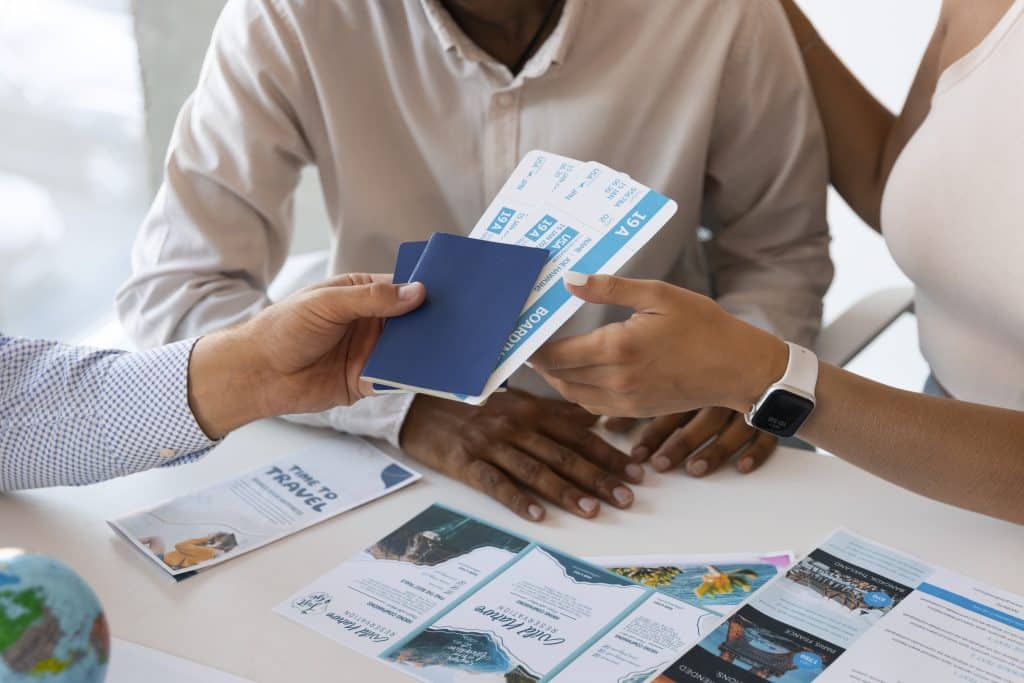
Millions of people around the world work in the global travel industry, curating the image of an authentic travel experience. So, it should come as no surprise that many of us book these trips thinking we’ll get a raw experience of the place we’re visiting when this is not always the case.
They tell us that we’ll have the chance to see the ‘real’ way people live and work, to immerse ourselves fully in rich and diverse histories and cultures. But is this always the case?
Actively seeking out these ‘authentic’ travel experiences can lead to the commodification of cultures and histories. These businesses see the opportunity to make money; landmarks that once had a different purpose come to find their primary function to be tourist appeal.
Unfortunately, this can lead to a dilution and oversimplification of original cultural practices, beliefs, and traditions, which can, in turn, offer a misrepresentation that can prove harmful to the local communities.
What is authenticity anyway? – the myth of authenticity
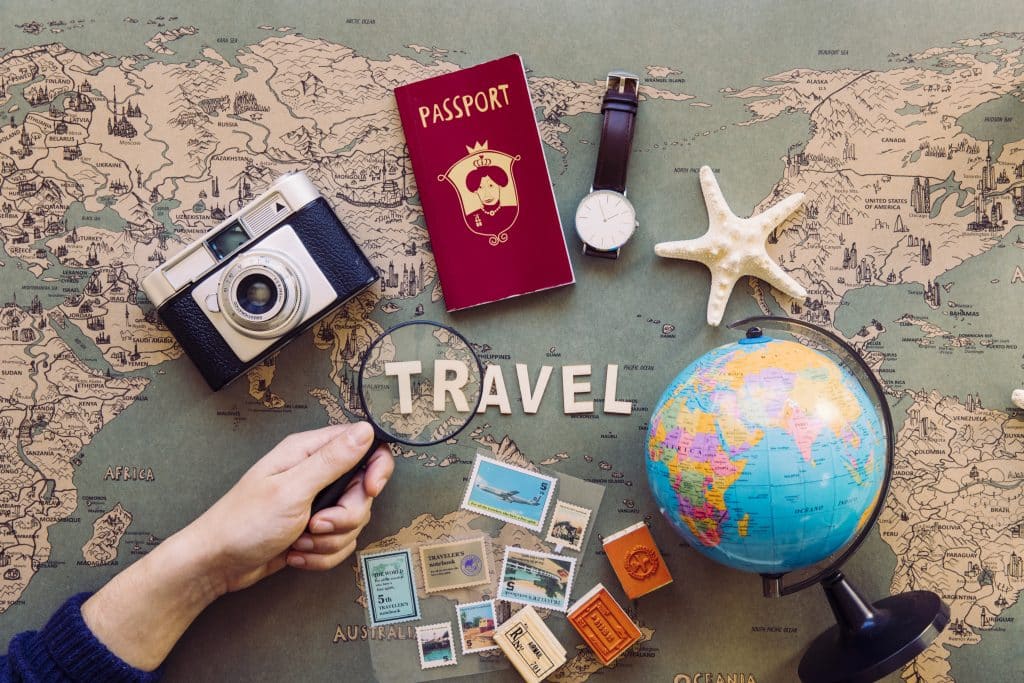
One of the most important things to consider is what exactly we mean when we say ‘authentic’. It is a difficult concept to define; what might be seen as authentic to one person may be viewed by another as entirely inauthentic.
To explain this further, the world is forever changing and evolving as we learn and grow. So, this idea that there is a singular, unchanging essence to a culture or destination is a complete and utter falsehood.
Cultures and ways of living are constantly evolving and changing under the influence of various factors such as globalisation, shifting economics, and changing political situations. Don’t dismiss the authenticity of a modern experience just because it seems contemporary.
Shifting our perception – muddling our way through the myth of authenticity
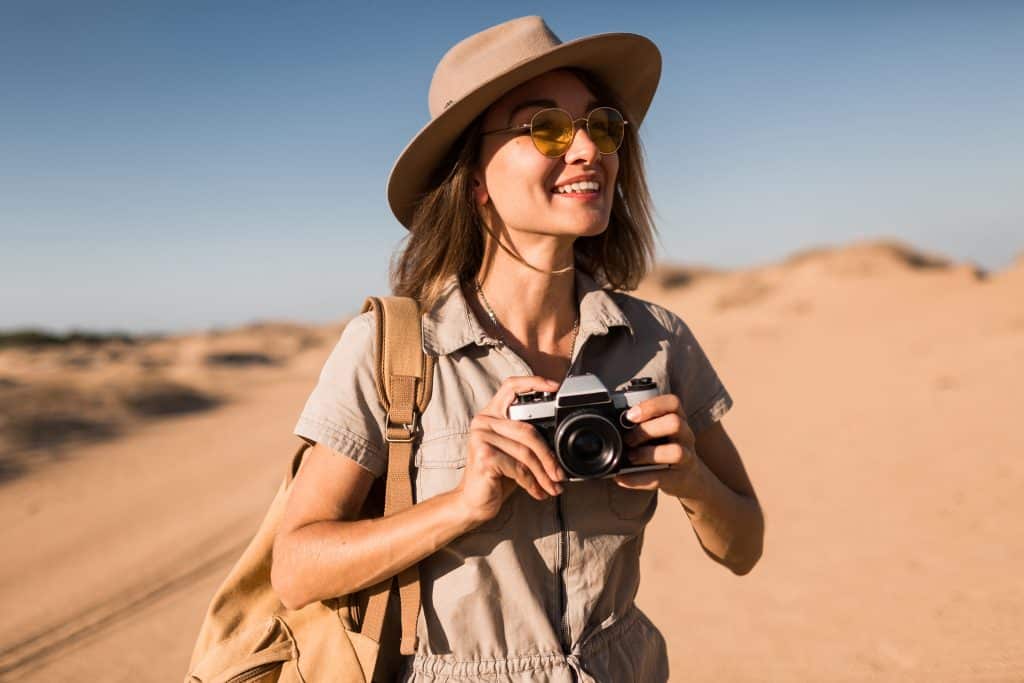
There’s no denying that the myth of authenticity is a genuinely complex subject, so much so that it’s almost impossible to answer the question of whether any travel experience is truly genuine or not.
Therefore, as we look forward to the future of travel and seek to expose ourselves to truly authentic experiences, it’s important that we approach with a critical and nuanced perspective.
Instead of obsessing over the notion of discovering an “authentic” travel experience and falling prey to the manipulative tactics of big corporations and marketing geniuses, we should actively try to engage with the world around us and embrace it for what it is.
By this, we mean spending time engaging with local communities, trying to navigate public transport systems, and entering a new destination without any prior held beliefs or expectations.
We know it’s easier said than done. However, when we allow ourselves to relax and go with the flow, we can see the true beauty of the world around us. This style of travel also enriches ourselves and our travel experiences and can help support local businesses and communities in the places we visit.
To have an authentic travel experience, you must accept destinations exactly as they are, treat them with respect, and actively seek to learn and grow along the way.

